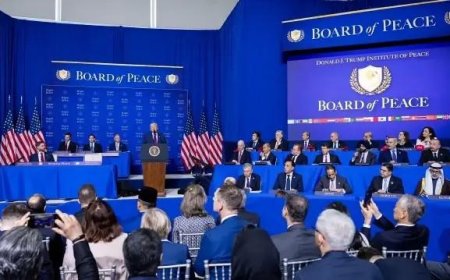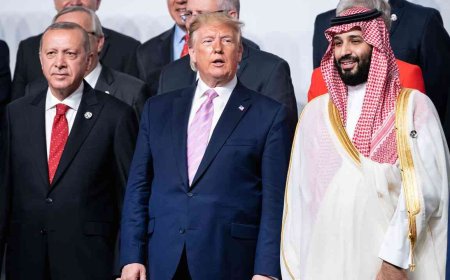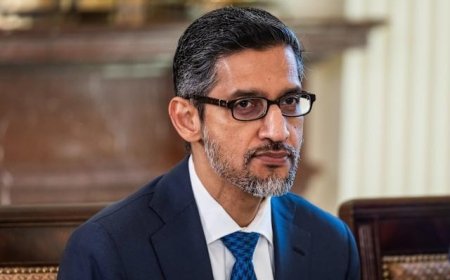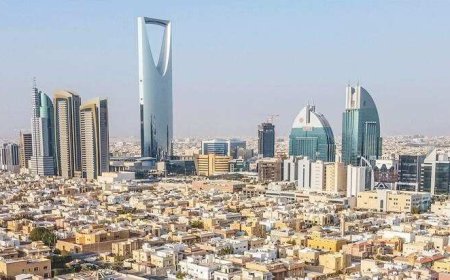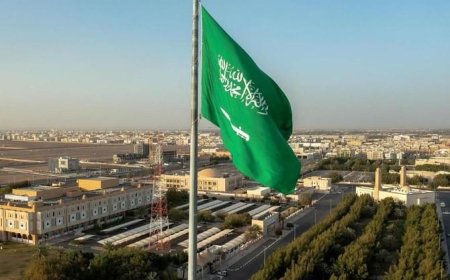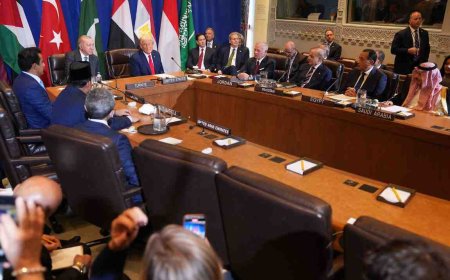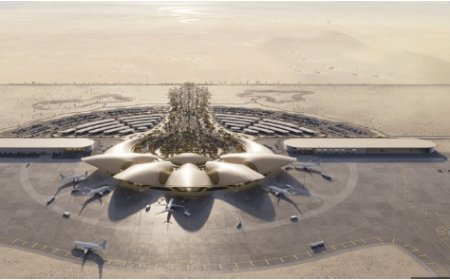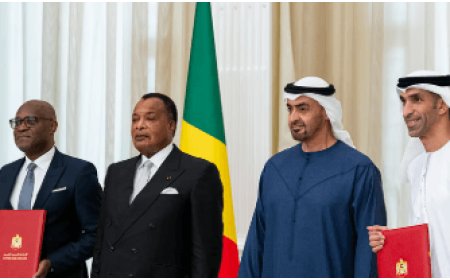Strategic Shift: US Eyes F-35 Sale to Saudi Arabia That Could Transform Regional Balance
The US is considering selling F-35 stealth fighters to Saudi Arabia. The deal has passed a key Pentagon review but faces Congressional hurdles over Israel's military edge & human rights. Learn about the potential $142B arms sale and its regional impact.
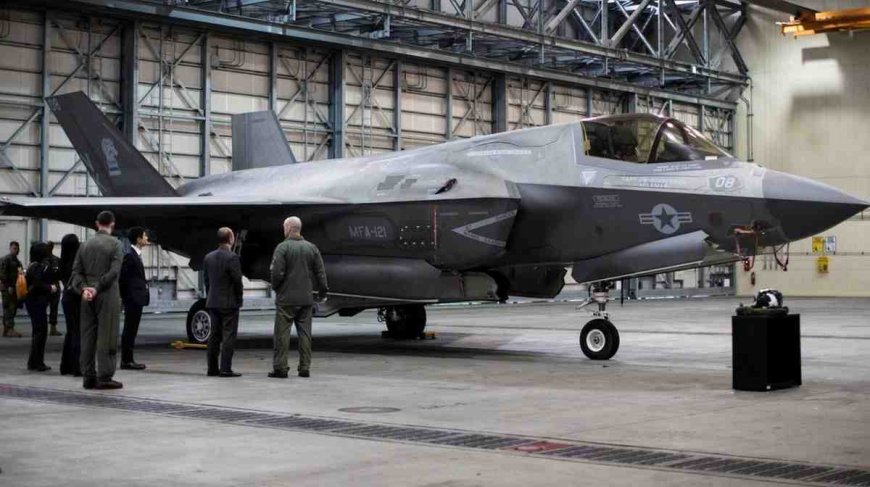
US Considers Major F-35 Sale to Saudi Arabia, Potentially Altering Middle East Power Balance
In a move that could significantly reshape the strategic landscape of the Middle East, the United States is actively considering a major weapons sale to Saudi Arabia involving up to 48 F-35 Lightning II stealth fighter jets. According to sources familiar with the high-stakes negotiations, the proposed deal has passed a critical internal review within the U.S. Department of Defense (DoD), marking its most significant advancement after years of Saudi interest.
A Milestone in the Approval Process
The potential sale has reached a pivotal stage within the Pentagon. The Department of Defense's policy office has been refining the proposal for months, and it has now been elevated to the desk of the Secretary of Defense. This internal clearance is a crucial bureaucratic hurdle, signaling that the defense establishment is seriously weighing the strategic merits of the transfer.
However, the sale is far from finalized. Several high-level steps remain before any jets could be delivered. The proposal must now gain sign-off at the U.S. Cabinet level, receive explicit approval from President Joe Biden, and undergo a formal notification process to the United States Congress. It is at this legislative stage that the deal is expected to face its most intense scrutiny.
A Paradigm Shift in US-Saudi Defense Relations
If ultimately approved, the sale would represent a major policy shift for Washington. Saudi Arabia has long sought the F-35 to modernize its Royal Saudi Air Force, which currently operates a mix of F-15s, Tornados, and Typhoons. The primary driver for this modernization is the perceived threat from Iran, a regional rival whose own military capabilities have been advancing.
The F-35 is widely considered the world's most advanced multi-role stealth fighter, designed to penetrate enemy air defenses and evade radar detection. For Saudi Arabia, acquiring the jet is not merely a tactical upgrade; it is a powerful symbol of a deeper strategic alignment with the United States and a cornerstone of its military modernization under Crown Prince Mohammed bin Salman's ambitious Vision 2030 agenda.
The Central Obstacle: Preserving Israel's "Qualitative Military Edge"
The most significant complication for the proposed sale is the longstanding U.S. commitment to preserving Israel's "Qualitative Military Edge" (QME)—a legal requirement ensuring Israel can counter any credible threat from a combined force of its regional adversaries. Israel, which has operated the F-35 for nearly a decade and fields several squadrons, has historically viewed its exclusive access to such advanced U.S. technology as a cornerstone of its security.
The prospect of a Saudi F-35 fleet directly challenges this exclusivity. U.S. lawmakers and analysts are deeply concerned about how the sale could affect the regional military balance. To mitigate these concerns, any potential F-35 package for Saudi Arabia would likely be subject to significant limitations or technical downgrades. These could include versions of the jet with less advanced radar, software, or weaponry systems than those operated by the Israeli Air Force, ensuring Israel retains a performance advantage.
Congressional Hurdles and Geopolitical Implications
Beyond the QME debate, the sale faces substantial political headwinds in the U.S. Congress. Many legislators remain deeply critical of Saudi Arabia due to its human rights record, its involvement in the protracted Yemen conflict, and the 2018 murder of journalist Jamal Khashoggi. These factors will fuel a vigorous debate, making Congressional approval uncertain.
The timing of the request is strategically significant, coming ahead of a planned visit by Crown Prince Mohammed bin Salman to Washington and amid broader defense talks. The two nations have already agreed on a near-$142 billion arms package, underscoring the depth of their defense relationship.
In conclusion, while Riyadh's request for up to 48 F-35s has cleared a major Pentagon review, its path forward is fraught with diplomatic and political challenges. The deal, if realized, would mark a historic pivot in U.S.-Saudi defense relations, carry profound implications for Middle Eastern power dynamics, and force a difficult conversation in Washington about the future of arms exports and its commitment to Israel's security in an increasingly complex region.
What's Your Reaction?









